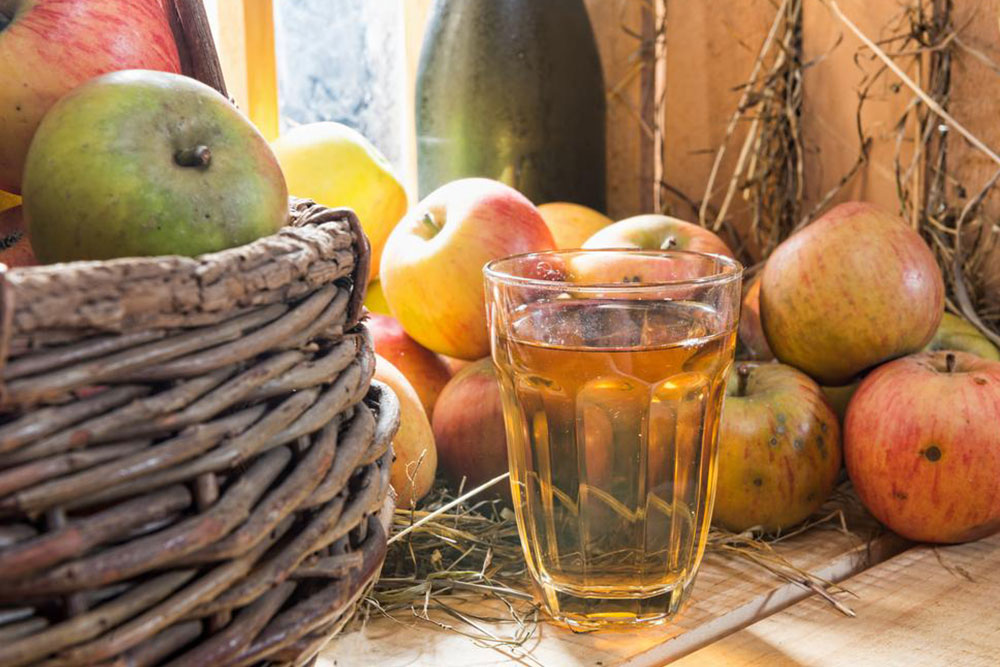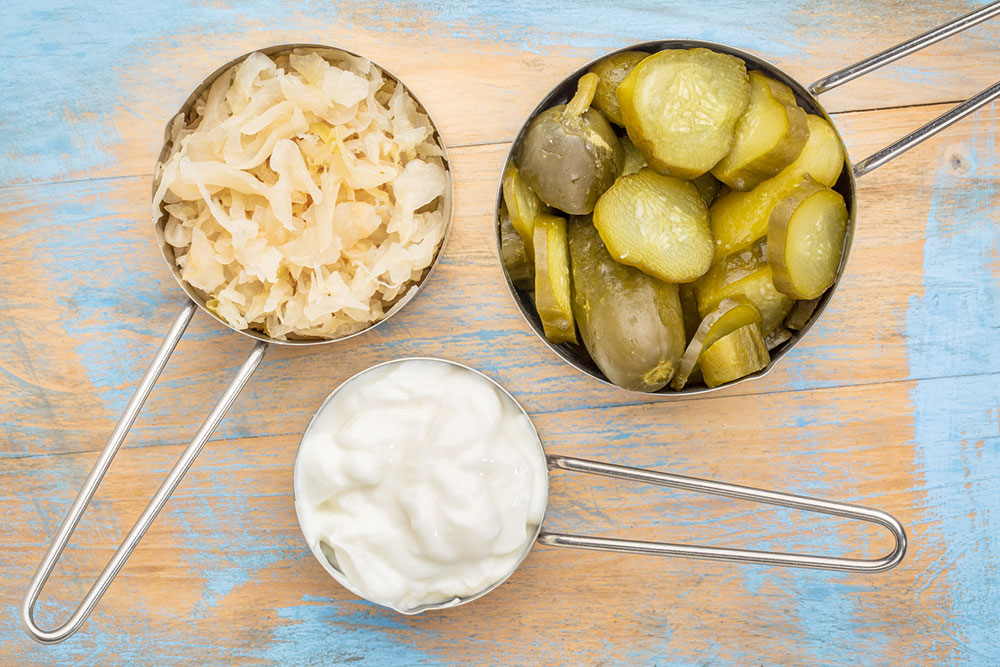Top Foods Rich in Vitamin A and Their Health Advantages
Discover the best sources of vitamin A, including liver, fish, and vegetables, along with their health benefits. Learn how to incorporate these nutrient-rich foods into your diet safely to support vision, immunity, and skin health while avoiding potential excess risks. This comprehensive guide emphasizes balanced consumption for optimal well-being.
Sponsored

Vitamin A plays a vital role in maintaining overall health, supporting vision, immunity, and skin vitality. This guide highlights key foods abundant in vitamin A, from plant sources like sweet potatoes and carrots to animal products such as liver and fatty fish. It also explores the health benefits of these foods and emphasizes moderation to avoid potential side effects from excessive intake. Incorporating these nutrient-rich options into your diet can help meet your daily vitamin A needs and promote optimal wellness.
Foods High in Vitamin A
Here are some top vitamin A sources to include in your meals:
Liver
Liver, especially beef liver, is one of the richest sources of preformed vitamin A (retinol). A 100 g serving contains approximately 7,750 mcg of vitamin A.
In addition to liver, fatty fish like salmon, tuna, and mackerel provide retinol and are high in omega-3 fatty acids, which benefit heart health. For example, 100 g of cooked salmon supplies about 69 mcg of vitamin A.
Sweet potatoes are rich in provitamin A carotenoids like beta-carotene. One cup (200 g) of baked sweet potatoes offers roughly 1,920 mcg of vitamin A, along with vitamins C, potassium, and fiber.
Carrots also provide significant amounts of provitamin A, with a cup (155 g) containing about 1,280 mcg. They are an excellent source of potassium, fiber, and vitamin K.
Leafy greens like spinach and kale are packed with vitamin A. Cooked spinach (180 g) offers about 943 mcg per cup, while cooked kale (118 g) contains 172 mcg, plus iron, calcium, and vitamin C.
Apricots are a delicious snack rich in fiber and vitamin A; two apricots (70 g) provide approximately 67 mcg.
Incorporating these options into your diet helps ensure you meet your daily vitamin A needs, supporting overall health and bodily functions. Besides vitamin A, these foods supply vital nutrients for proper body performance.
Benefits of Including Vitamin A in Your Diet
Adding vitamin A-rich foods offers several health advantages:
Supports Vision
Vitamin A is essential for good eyesight, aiding in the production of visual pigments and helping eyes adjust to light changes.
Boosts Immunity
This vitamin fosters immune resilience by promoting white blood cell creation and strengthening skin and mucous membranes.
Enhances Skin Health
Vitamin A aids in skin cell repair, controls oil production, and keeps skin moisturized, reducing dryness and skin issues.
Supports Growth and Development
Critical for children, vitamin A contributes to new cell formation and tissue development, including bones and teeth.
Reduces Disease Risks
A diet rich in vitamin A may lower the risk of age-related macular degeneration, cardiovascular diseases, and certain cancers.
Moderation and Safety Considerations
While vitamin A is beneficial, excess intake can pose health risks. Overconsuming retinol from animal sources may lead to hypervitaminosis A, causing symptoms like nausea, headaches, and dizziness. Pregnant women should be cautious, as high vitamin A intake increases birth defect risks. Elevated levels may also cause bone loss and liver damage, especially in vulnerable populations. Consulting health professionals before making significant dietary changes is advisable to balance health benefits and risks.






